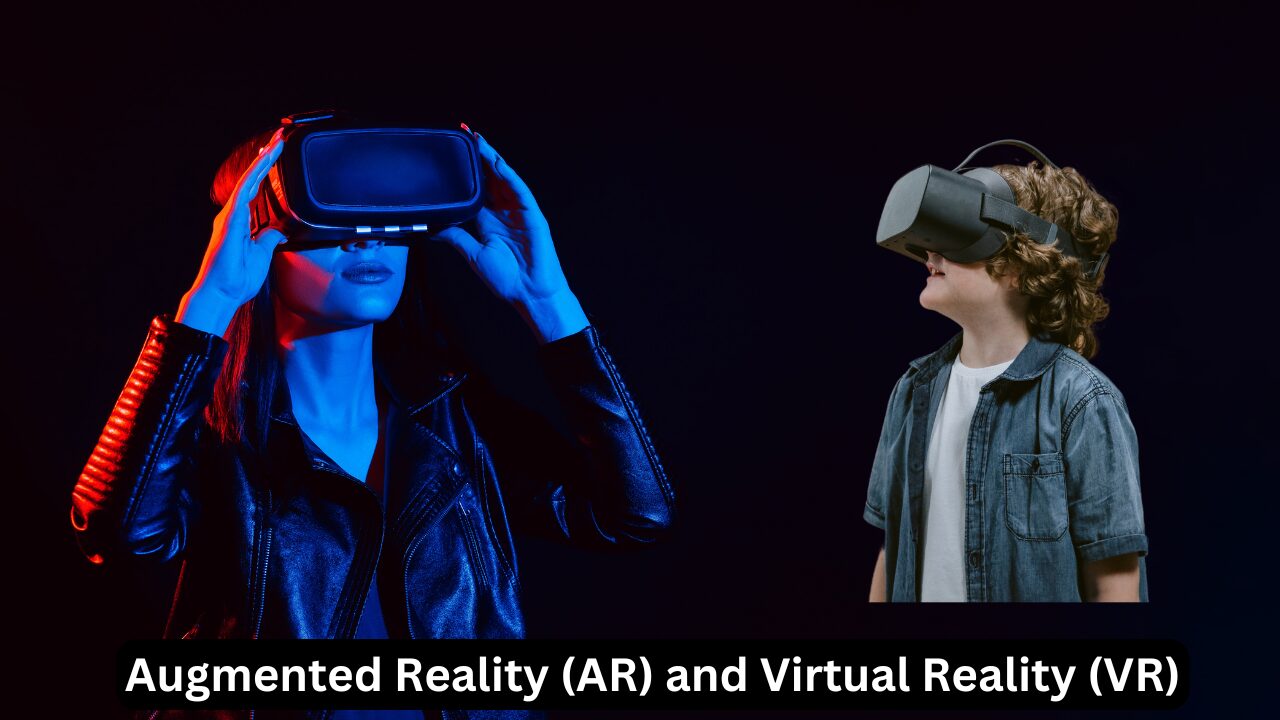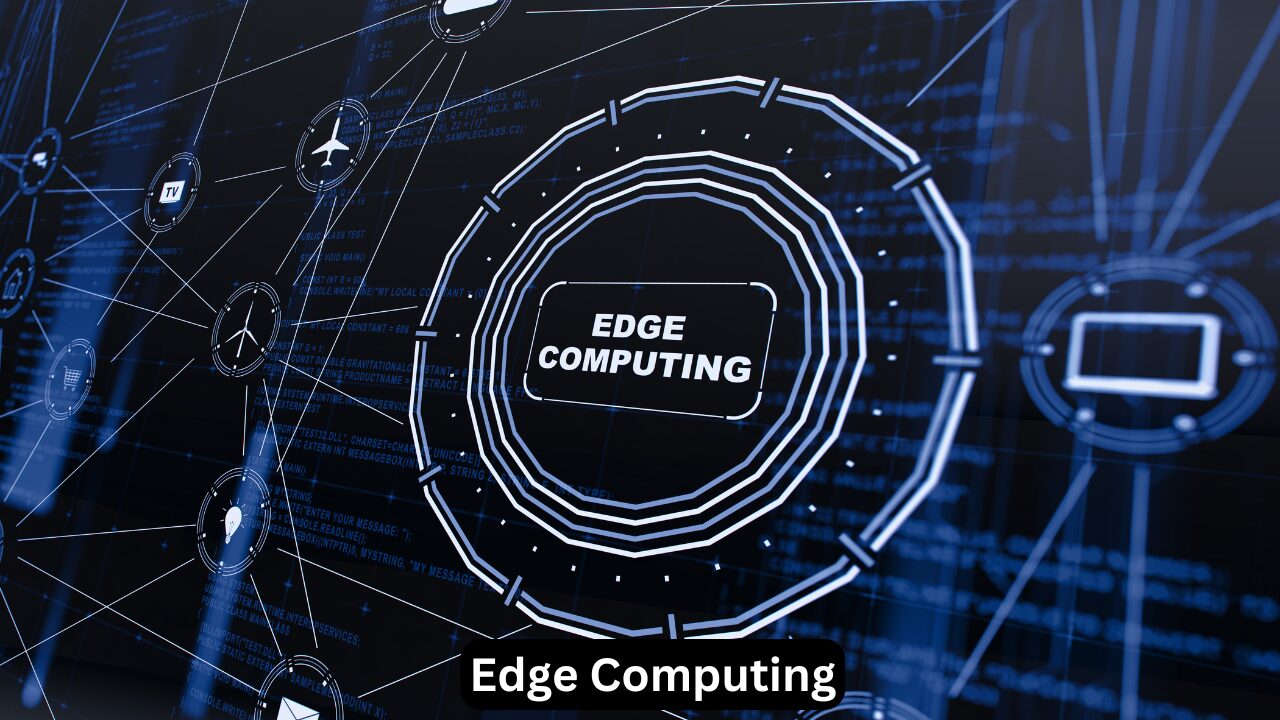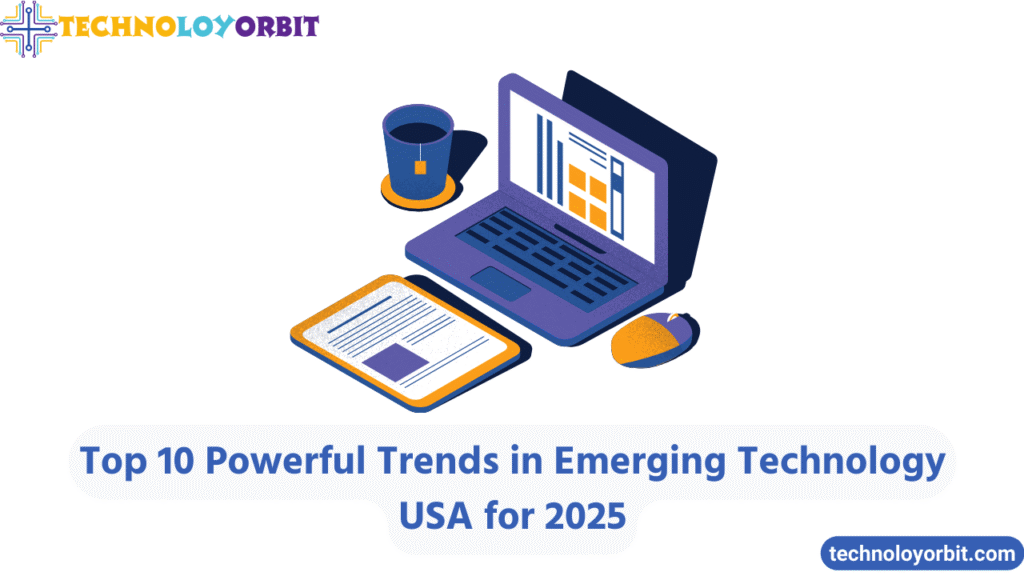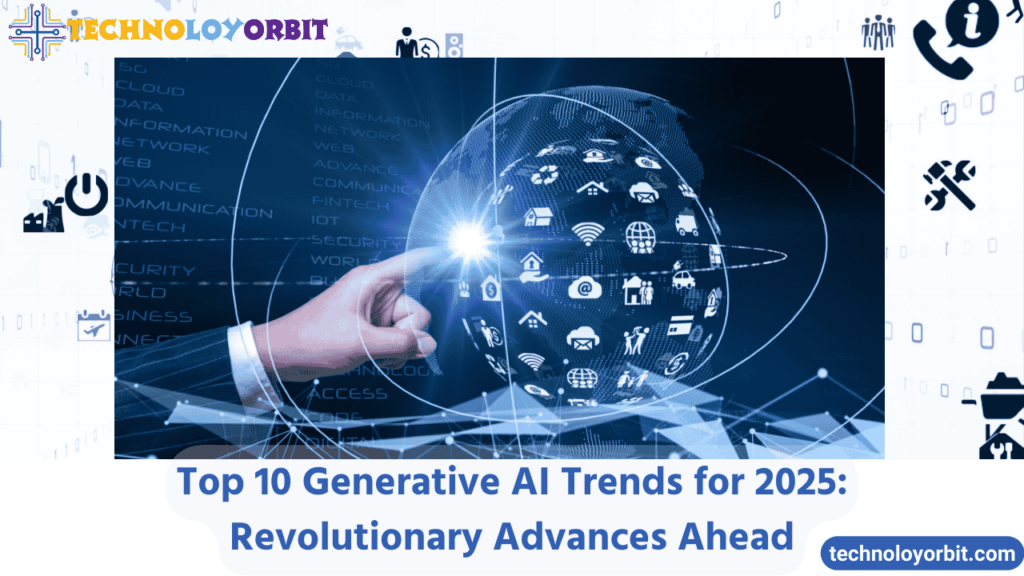Emerging technology in the USA is driving advancements in AI, blockchain, quantum computing, and more, offering solutions across industries and creating new opportunities for growth and innovation.
The United States has consistently been at the forefront of technological innovation, driving advancements that shape industries and societies globally. In the face of accelerating global competition, emerging technologies such as AI, blockchain, quantum computing, and more are opening up new horizons for economic growth, efficiency, and sustainability. This article explores the 10 most impactful emerging technologies in the USA, their applications, challenges, and future outlook.
The Significance of Emerging Technologies
Emerging technologies are not just ideas of the future; they are tangible innovations reshaping how we live, work, and solve critical problems. From enabling breakthroughs in precision healthcare to revolutionizing energy management through sustainable solutions, these technologies are directly tackling global challenges like climate change, cybersecurity, and economic growth. The USA stands at the forefront of this transformation, powered by its world-class research institutions, cutting-edge startups, and proactive government policies. With advancements in fields such as AI, blockchain, and quantum computing, the United States continues to lead the charge in defining the technological landscape of tomorrow.
10 Key Emerging Technologies in the USA
1. Artificial Intelligence (AI)

AI is revolutionizing every industry, offering solutions that were once confined to science fiction. By enabling machines to process and analyze large datasets, AI empowers applications such as:
- Healthcare: Precision medicine and diagnostic imaging.
- Finance: Fraud detection and automated trading.
- Customer Service: Chatbots and personalized recommendations.
AI tools like ChatGPT and DALL-E showcase the immense creative and functional potential of generative AI. However, ethical concerns, such as bias and data privacy, remain pressing issues.
2. Blockchain Technology
Initially recognized for powering cryptocurrencies like Bitcoin, blockchain is now pivotal in enhancing transparency and security across industries. Key applications include:
- Finance: Decentralized finance (DeFi) platforms and secure transactions.
- Supply Chain: Real-time tracking and fraud prevention.
- Healthcare: Secure sharing of medical records.
The USA is a global leader in blockchain adoption, with companies like IBM and Hyperledger driving enterprise-grade solutions.
3. Quantum Computing
Quantum computing represents a leap forward in computational power, enabling solutions to problems unsolvable by classical computers. Applications include:
- Cryptography: Developing unbreakable security protocols.
- Pharmaceuticals: Accelerating drug discovery.
- Logistics: Optimizing complex supply chain operations.
The US government, through initiatives like the National Quantum Initiative Act, is investing heavily in this frontier technology.
4. Internet of Things (IoT)
IoT interconnects devices, creating intelligent systems that collect and analyze data to improve efficiency. Key applications include:
- Smart Homes: Automated lighting and security systems.
- Agriculture: Precision farming tools for monitoring crop health.
- Healthcare: Remote patient monitoring devices.
Challenges in IoT include cybersecurity threats and ensuring seamless interoperability among devices.
5. Augmented Reality (AR) and Virtual Reality (VR)

AR and VR are enhancing human experiences by overlaying virtual elements in real-world settings or creating fully immersive environments. Applications include:
- Gaming: Next-generation interactive experiences.
- Education: Virtual classrooms and training simulations.
- Retail: Virtual try-ons for clothing and accessories.
Companies like Meta and Apple are investing significantly in AR/VR ecosystems.
6. Biotechnology
Biotechnology combines biological processes with technology to create groundbreaking solutions in healthcare, agriculture, and environmental sustainability. Key applications include:
- Gene Editing: Tools like CRISPR enable precise modifications to DNA.
- Biopharmaceuticals: Development of targeted therapies for diseases.
- Sustainable Agriculture: Genetically modified crops for higher yields.
The USA leads the world in biotechnology patents and clinical research.
7. Clean Technologies (CleanTech)
CleanTech focuses on reducing environmental impacts while promoting energy efficiency. Innovations include:
- Renewable Energy: Advanced solar panels and wind turbines.
- Electric Vehicles (EVs): Battery technologies for longer range and faster charging.
- Carbon Capture: Systems to mitigate greenhouse gas emissions.
The Inflation Reduction Act of 2022 has bolstered investment in US-based CleanTech startups.
8. Advanced Robotics
Robotics is automating tasks across industries, improving precision and reducing costs. Applications include:
- Manufacturing: Robotic arms for assembly lines.
- Healthcare: Surgical robots for minimally invasive procedures.
- Defense: Autonomous drones for reconnaissance.
US companies like Boston Dynamics are at the forefront of robotic innovation.
9. 5G and 6G Networks
High-speed connectivity is the backbone of emerging technologies, enabling real-time data exchange. Applications include:
- Smart Cities: Intelligent traffic systems and energy management.
- Autonomous Vehicles: Reliable vehicle-to-vehicle communication.
- Telemedicine: Seamless remote consultations.
The USA’s aggressive rollout of 5G networks sets the stage for future advancements in connectivity.
10. Edge Computing

Edge computing processes data closer to its source, reducing latency and bandwidth usage. Key applications include:
- IoT Devices: Real-time data analysis for smart systems.
- Retail: Personalized shopping experiences through rapid analytics.
- Healthcare: Instant processing of patient data in critical scenarios.
Companies like Amazon and Microsoft are spearheading edge computing innovations in the USA.
Applications Across Industries
Emerging technologies are revolutionizing diverse sectors. Here’s how they are applied:
| Industry | Key Technologies | Applications |
|---|---|---|
| Healthcare | AI, Robotics, Biotechnology | Personalized treatments, robotic surgeries. |
| Finance | Blockchain, AI | Transparent transactions, fraud prevention. |
| Energy | CleanTech, IoT | Renewable energy systems, smart grids. |
| Education | AR/VR, AI | Immersive learning experiences, adaptive learning tools. |
| Agriculture | IoT, Biotechnology | Precision farming, drought-resistant crops. |
Challenges and Ethical Considerations
Despite their promise, these technologies face challenges:
- Data Privacy: Ensuring secure storage and processing of sensitive data.
- Regulatory Hurdles: Adapting laws to accommodate rapid technological advancements.
- Accessibility: Bridging the digital divide to ensure equitable access.
- Ethical Concerns: Addressing issues like AI bias and unintended consequences of gene editing.
Future Outlook: The Path Forward
The USA is well-positioned to lead the global technological revolution. Key drivers for success include:
- Investment in R&D: Sustained funding for innovation.
- Policy Support: Frameworks that encourage ethical and inclusive development.
- Talent Development: Cultivating a skilled workforce for emerging industries.
By addressing challenges proactively, the USA can continue to be a global leader in emerging technologies.
FAQs About Emerging Technologies in the USA
- What defines emerging technology?
Emerging technologies are innovations with the potential to transform industries and solve complex problems. - Which industries benefit most from these technologies?
Healthcare, finance, energy, and education are among the top beneficiaries. - How does the USA compare globally in emerging technologies?
The USA leads in innovation due to its advanced infrastructure, skilled workforce, and supportive policies. - What role does AI play in US innovation?
AI enhances productivity, reduces costs, and drives breakthroughs across multiple sectors. - What are the ethical concerns of these technologies?
Issues include data privacy, AI bias, and unintended environmental impacts. - How is CleanTech addressing climate change?
By advancing renewable energy, electric vehicles, and carbon capture systems. - What are the future trends in AR/VR?
Greater adoption in education, healthcare, and remote collaboration tools. - How is blockchain being used beyond cryptocurrency?
Blockchain improves transparency in supply chains, finance, and healthcare. - Why is edge computing gaining traction?
It reduces latency and improves efficiency by processing data locally. - What is the role of government in fostering innovation?
Through funding, legislation, and partnerships, the government supports scalable and ethical development.
Conclusion
By staying informed about emerging technology in the USA, individuals and businesses can tap into transformative advancements that are reshaping industries, solving critical challenges, and unlocking endless possibilities. These technologies, from AI and blockchain to quantum computing and CleanTech, are more than innovations—they are the cornerstone of a smarter, sustainable, and interconnected future. Understanding and leveraging these developments empowers you to not only adapt to rapid changes but also to lead in a world increasingly driven by technological excellence and ingenuity. Please follow out blog Technoloyorbit.



